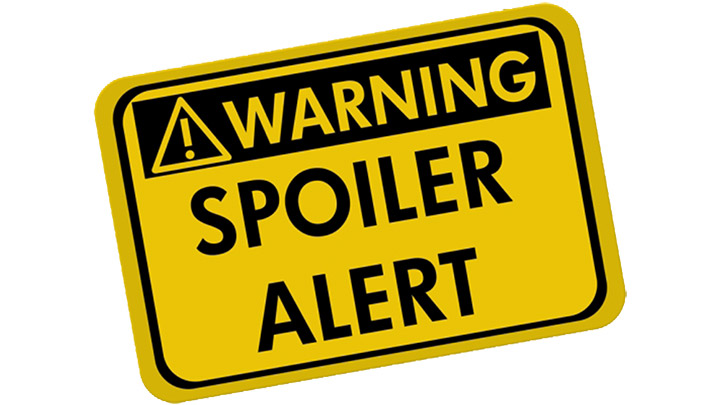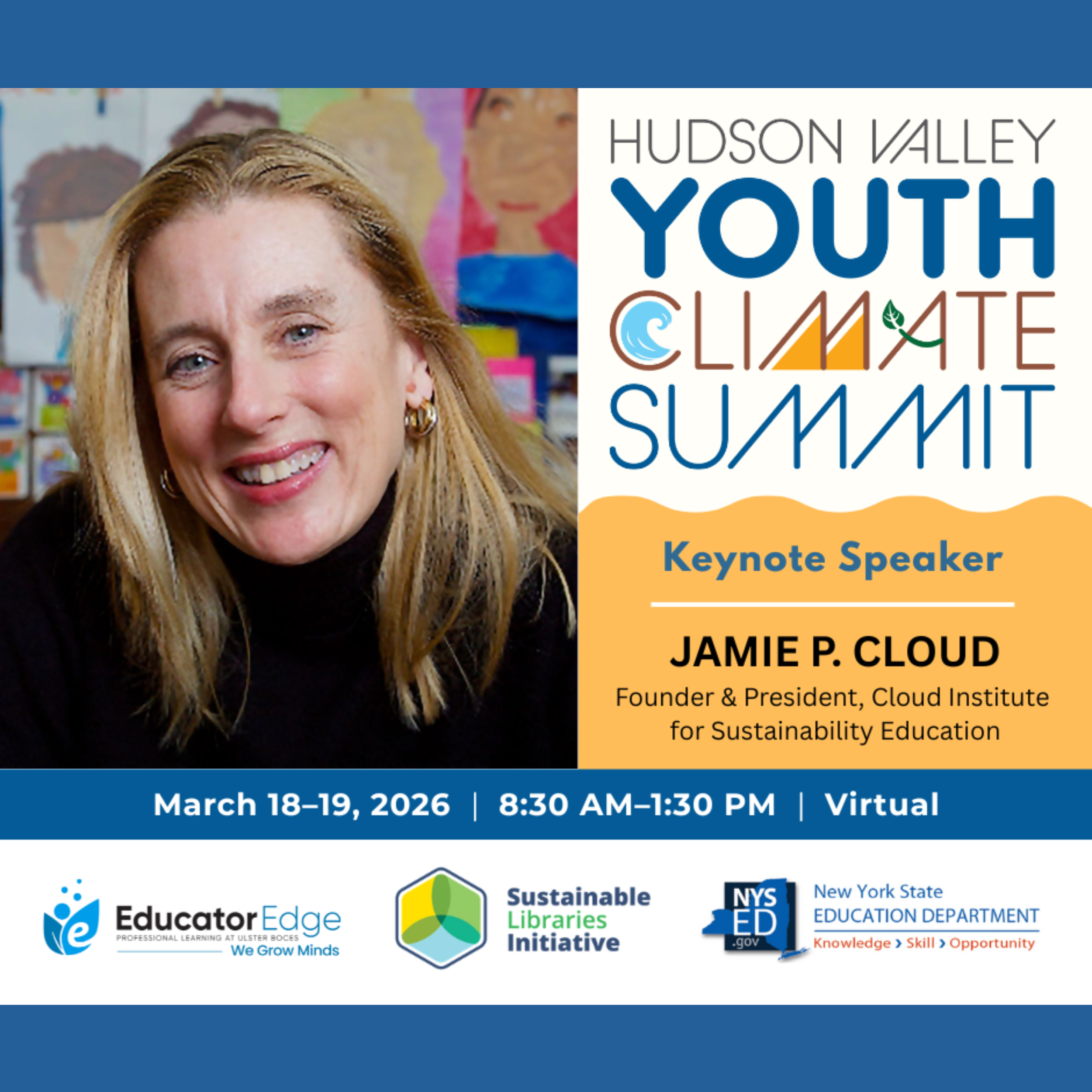Join us for a dynamic virtual event dedicated to sustainability, innovation, and empowering the next generation of leaders to tackle real-world environmental challenges.
The Hudson Valley Youth Climate Summit brings together students, educators, community agencies, and sustainability-focused vendors to showcase impactful work, share innovative solutions, and collaborate toward a more sustainable future.
Last fall, Rosemarie, our program specialist, travelled to Uganda to deliver a series of workshops on sustainability education.
During her visit, she worked alongside educators, community members, and youth leaders who are actively shaping the future of their communities. The workshops focused on sustainability education as a tool for understanding local and global challenges, strengthening systems thinking, and empowering young people to take informed action.
We invite you to explore this story and spend time with the beautiful picture book that emerged from this collaboration.
Read MoreThe Green Schools Conference (GSC) returns for its 16th year and registrations are now open!
Bringing together educators, school leaders, advocates, and changemakers who drive whole-school and district sustainability, this energizing two-day event explores bold, practical solutions to advance green schools, focusing on environmental impact, health and well-being, sustainability literacy, and systemic change at every level of education.
Read MoreThis year’s curriculum design studio will be hosted on August 11-15 in-person at the Omega Center in Rhinebeck, New York and online via Zoom. You can join us for the five day curriculum design & coaching program or for a one day introduction to Education for Sustainability.
Read MoreThis animated poem, beautifully narrated by Jane Goodall, is both moving and inspiring. It invites us to reflect on the importance of nurturing reciprocal relationships with nature, the profound beauty that surrounds us, and the role we can all play in shaping a sustainable future.
Read MoreAt the recent Green Schools National Conference in Orlando, Florida, we had the privilege to visit Arbor Ridge Elementary School. Arbor Ridge has received first place in the green schools recognition program, the Florida Green Apple award by the Florida Department of Environmental Protection and the Green Ribbons Schools award by the US Department of Education.
We toured the school and the campus and a team of faculty members attended our afternoon workshop on vertical articulation of Education for Sustainability. Among many hey have composting in the cafeteria, a living garden.
Read MoreCloud Institute partner Darcy Hitchcock recently shared how solar panels may be coming sooner than we think. ”Right now, the solar paint is about eight percent efficient in converting sunlight to energy. Experts think that solar paint just needs to reach 10 percent to be a viable product, so they’re pretty close!” This is an excellent example of biomimicry!
Read MoreLiving and Breathing Education for Sustainability - Sequoia Group Singapore EfS Podcast. In this podcast Jaimie discusses creating awareness, fostering commitment and guiding actions towards a healthy, secure and sustainable future.
Read MoreThe Cloud Institute is working with partners to build momentum for Education for Sustainability and Youth Leadership in the Hudson Valley!
Here’s a brief timeline of activities:
Read More I have a confession to make. A ten year effort to help my community become sustainable has had limited success. Early enthusiastic progress, followed by a return to something resembling the status quo, has become a familiar pattern among the institutions in my town. Each experience starts with that same intoxicating esprit de corps, yet somehow, after the public’s attention shifts, things slowly end up fizzling out. This boom bust cycle leaves me wondering— if our local institutions can’t move beyond business as usual, how can we, as a society, ever hope to achieve a sustainable future?
I have a confession to make. A ten year effort to help my community become sustainable has had limited success. Early enthusiastic progress, followed by a return to something resembling the status quo, has become a familiar pattern among the institutions in my town. Each experience starts with that same intoxicating esprit de corps, yet somehow, after the public’s attention shifts, things slowly end up fizzling out. This boom bust cycle leaves me wondering— if our local institutions can’t move beyond business as usual, how can we, as a society, ever hope to achieve a sustainable future?









